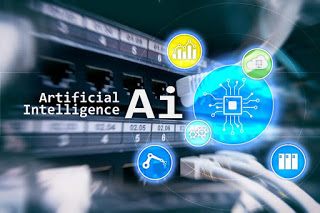F. Callaway, et al.
PNAS, 2022, 119 (12) e2117432119
Abstract
Human decision making is plagued by systematic errors that can have devastating consequences. Previous research has found that such errors can be partly prevented by teaching people decision strategies that would allow them to make better choices in specific situations. Three bottlenecks of this approach are our limited knowledge of effective decision strategies, the limited transfer of learning beyond the trained task, and the challenge of efficiently teaching good decision strategies to a large number of people. We introduce a general approach to solving these problems that leverages artificial intelligence to discover and teach optimal decision strategies. As a proof of concept, we developed an intelligent tutor that teaches people the automatically discovered optimal heuristic for environments where immediate rewards do not predict long-term outcomes. We found that practice with our intelligent tutor was more effective than conventional approaches to improving human decision making. The benefits of training with our cognitive tutor transferred to a more challenging task and were retained over time. Our general approach to improving human decision making by developing intelligent tutors also proved successful for another environment with a very different reward structure. These findings suggest that leveraging artificial intelligence to discover and teach optimal cognitive strategies is a promising approach to improving human judgment and decision making.
Significance
Many bad decisions and their devastating consequences could be avoided if people used optimal decision strategies. Here, we introduce a principled computational approach to improving human decision making. The basic idea is to give people feedback on how they reach their decisions. We develop a method that leverages artificial intelligence to generate this feedback in such a way that people quickly discover the best possible decision strategies. Our empirical findings suggest that a principled computational approach leads to improvements in decision-making competence that transfer to more difficult decisions in more complex environments. In the long run, this line of work might lead to apps that teach people clever strategies for decision making, reasoning, goal setting, planning, and goal achievement.
From the Discussion
We developed an intelligent system that automatically discovers optimal decision strategies and teaches them to people by giving them metacognitive feedback while they are deciding what to do. The general approach starts from modeling the kinds of decision problems people face in the real world along with the constraints under which those decisions have to be made. The resulting formal model makes it possible to leverage artificial intelligence to derive an optimal decision strategy. To teach people this strategy, we then create a simulated decision environment in which people can safely and rapidly practice making those choices while an intelligent tutor provides immediate, precise, and accurate feedback on how they are making their decision. As described above, this feedback is designed to promote metacognitive reinforcement learning.

